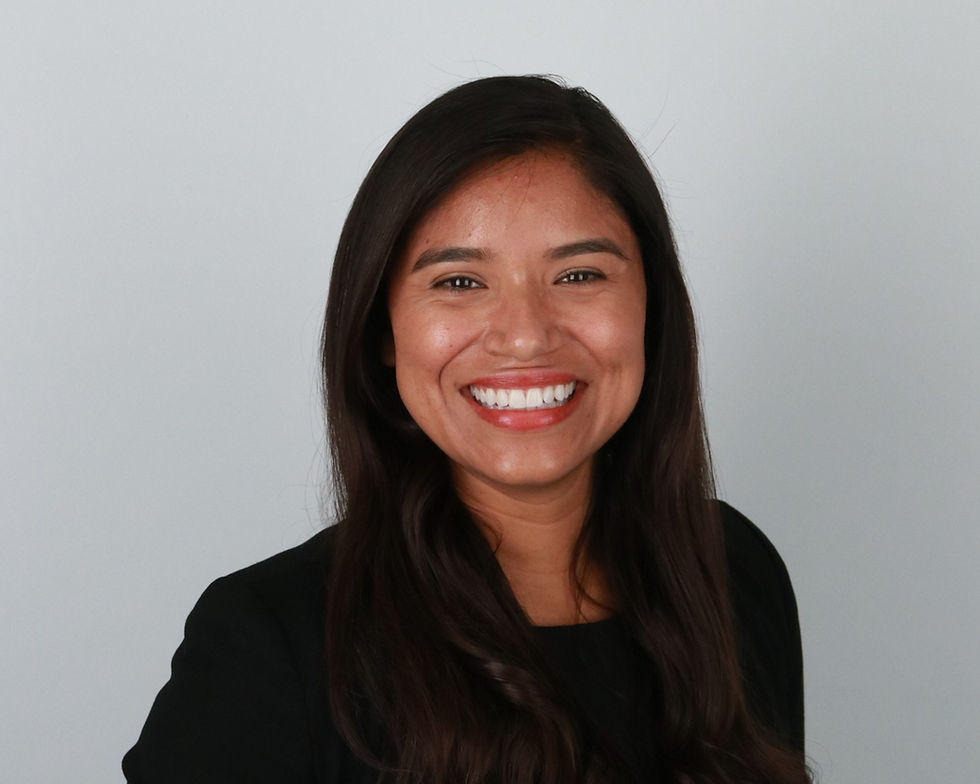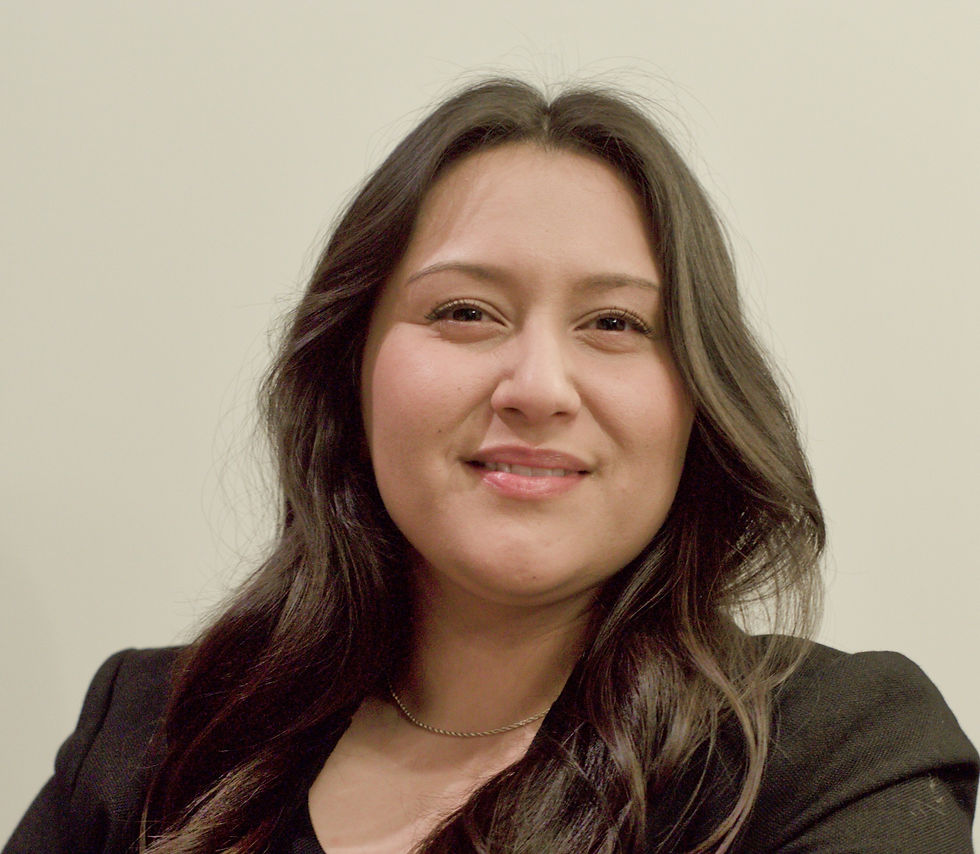The Inspiration: Sanjeev
- rosamburroughs4
- Jan 1
- 2 min read

What motivated you to start Latinos in Neurosurgery?
I am Puerto Rican, but I was adopted at a young age and raised in a Caucasian household. Growing up, I often felt a subtle yet persistent sense of not fully belonging. While my family was loving and supportive, there was always a part of me that felt different from them, like a piece of my identity was missing. It wasn’t just about culture or language—it was an intangible feeling of being set apart from those around me.
This sense of disconnection lingered for much of my life until I reached medical school. It was there, when I joined the Latino Medical Student Association (LMSA), that something finally clicked. Being a part of LMSA and embraced by others who both shared and celebrated my cultural background allowed me to fully experience and embrace my own Latinx heritage for the first time. It didn’t matter that I wasn’t raised by Latinos or that I wasn’t fluent in Spanish—I was welcomed into a vibrant community as if I had always belonged.
That experience of connection and acceptance inspired me to start this organization. I believe we all deserve to find our people, our sense of community, and our sense of belonging. That can be particularly challenging in fields where we remain underrepresented, so I wanted to help create that space for others—a space where they feel they belong, where they are supported by others like them, and where they can turn their dreams into reality.
Why do you believe it’s important to highlight and support Latinos in neurosurgery?
I believe it’s crucial to highlight and support Latinos in neurosurgery because representation has a profound impact on inspiring others to pursue their dreams. Too often, individuals are discouraged from chasing their aspirations simply because they don’t see people who look like them or share their backgrounds thriving in those spaces. Unfortunately, Latinos remain significantly underrepresented in medicine, and even more so in neurosurgery. I don’t want that lack of representation to be the reason someone decides not to pursue a dream they are truly passionate about.
Highlighting Latinos in neurosurgery is also critical for advancing healthcare equity. To provide the highest quality care, our medical workforce should reflect the diversity of the patient populations we serve. Shared cultural and lived experiences enable us to connect with patients on a deeper level, allowing us to see them as whole individuals—not just as a set of symptoms or a diagnosis. This cultural understanding helps build trust, fosters better communication, and ultimately leads to improved outcomes.
Moreover, diversity in neurosurgery gives patients the opportunity to be treated by physicians who may look like them, speak their language, share similar values, or even worship in the same way. These shared traits can create a sense of safety and understanding that is invaluable for patients navigating what is often a vulnerable and frightening time in their lives. When patients feel seen, respected, and understood, it not only enhances their experience but also strengthens the physician-patient relationship and the care they receive.
By uplifting Latinos in neurosurgery, we can inspire the next generation, improve patient care, and ensure that everyone, regardless of their background, has the opportunity to achieve their dreams and make a meaningful impact in medicine.



Comments